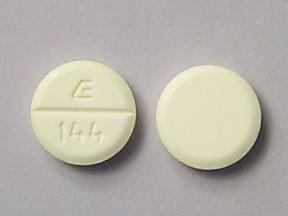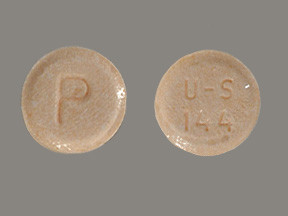AMIODARONE - ORAL
PHONETIC PRONUNCIATION: (A-mee-OH-da-rone)
COMMON BRAND NAME(S): Cordarone, Pacerone
GENERIC NAME(S): amiodarone HCl
Uses
USES: This medication is used to treat certain types of serious (possibly fatal) irregular heartbeat (such as persistent ventricular fibrillation/tachycardia). It is used to restore normal heart rhythm and maintain a regular, steady heartbeat. Amiodarone is known as an anti-arrhythmic drug. It works by blocking certain electrical signals in the heart that can cause an irregular heartbeat.
How to use AMIODARONE - ORAL
HOW TO USE: Read the Medication Guide provided by your pharmacist before you start using amiodarone and each time you get a refill. If you have any questions, consult your doctor or pharmacist. Take this medication by mouth, usually once or twice daily or as directed by your doctor. You may take this medication with or without food, but it is important to choose one way and take this medication the same way with every dose. Avoid eating grapefruit or drinking grapefruit juice while using this medication unless your doctor instructs you otherwise. Grapefruit can increase the amount of this medication in your bloodstream. Consult your doctor or pharmacist for more details. The dosage is based on your medical condition and response to treatment. Your doctor may direct you to start this medication at a higher dose and gradually decrease your dose. Follow your doctor's instructions carefully. Do not stop taking this medication or change the dose without first consulting your doctor. Tell your doctor if your condition does not improve or if it worsens.
Side Effects
Precautions
Interactions
Overdose
Images

- color
- light yellow
- shape
- round
- imprint
- E 144

- color
- light yellow
- shape
- round
- imprint
- E 144

- color
- light yellow
- shape
- round
- imprint
- E 144
Reviews
Faq for AMIODARONE - ORAL
Amiodarone is used to treat certain types of irregular heart rhythms (arrhythmias) such as atrial fibrillation or ventricular tachycardia.
Amiodarone works by stabilizing the heart's rhythm and slowing down the electrical signals in the heart to help restore normal heartbeats.
Common side effects of amiodarone include nausea, vomiting, loss of appetite, constipation, dizziness, tiredness, and changes in taste.
Yes, amiodarone can cause serious side effects such as lung damage, liver problems, thyroid problems, and eye problems. It is important to be closely monitored by a healthcare professional while taking this medication.
The effects of amiodarone may take several days to several weeks to be noticeable. It is important to continue taking the medication as prescribed and not to stop suddenly.
Yes, amiodarone can interact with many medications, including blood thinners, digoxin, beta-blockers, and certain antibiotics. It is important to inform your healthcare provider about all the medications you are taking before starting amiodarone.
Amiodarone is usually taken by mouth, with or without food. It is important to follow the dosing instructions provided by your healthcare provider. Do not chew or crush the tablets, swallow them whole.
Amiodarone should be used during pregnancy or breastfeeding only if the potential benefits outweigh the potential risks. It is important to consult with a healthcare provider before taking this medication in these situations.
Amiodarone may be prescribed to children with certain heart rhythm disorders, but the dosing and safety in children may differ from adults. It is important to discuss the use of amiodarone in children with a pediatrician.
Grapefruit and grapefruit juice may interact with amiodarone and increase the risk of side effects. It is best to avoid consuming grapefruit or grapefruit juice while taking this medication.
Warning
WARNING: Though this medication often gives great benefits to people with irregular heartbeat, it may rarely worsen an irregular heartbeat or cause serious (sometimes fatal) side effects. When starting treatment with this drug, your doctor may have you stay in the hospital for proper monitoring. Amiodarone may take 2 weeks or longer to have an effect in your body. Also, this drug stays in your body for weeks to months, even after you are no longer taking it. Therefore, serious side effects may occur weeks to months after taking amiodarone. Serious side effects may include lung or liver problems. Tell your doctor right away if you notice any symptoms of lung or liver problems such as cough, shortness of breath, chest pain, coughing up blood, persistent nausea/vomiting, dark urine, severe stomach/abdominal pain, or yellowing eyes/skin.
Disclaimer
IMPORTANT: HOW TO USE THIS INFORMATION: This is a summary and does NOT have all possible information about this product. This information does not assure that this product is safe, effective, or appropriate for you. This information is not individual medical advice and does not substitute for the advice of your health care professional. Always ask your health care professional for complete information about this product and your specific health needs.


No Reviews Yet